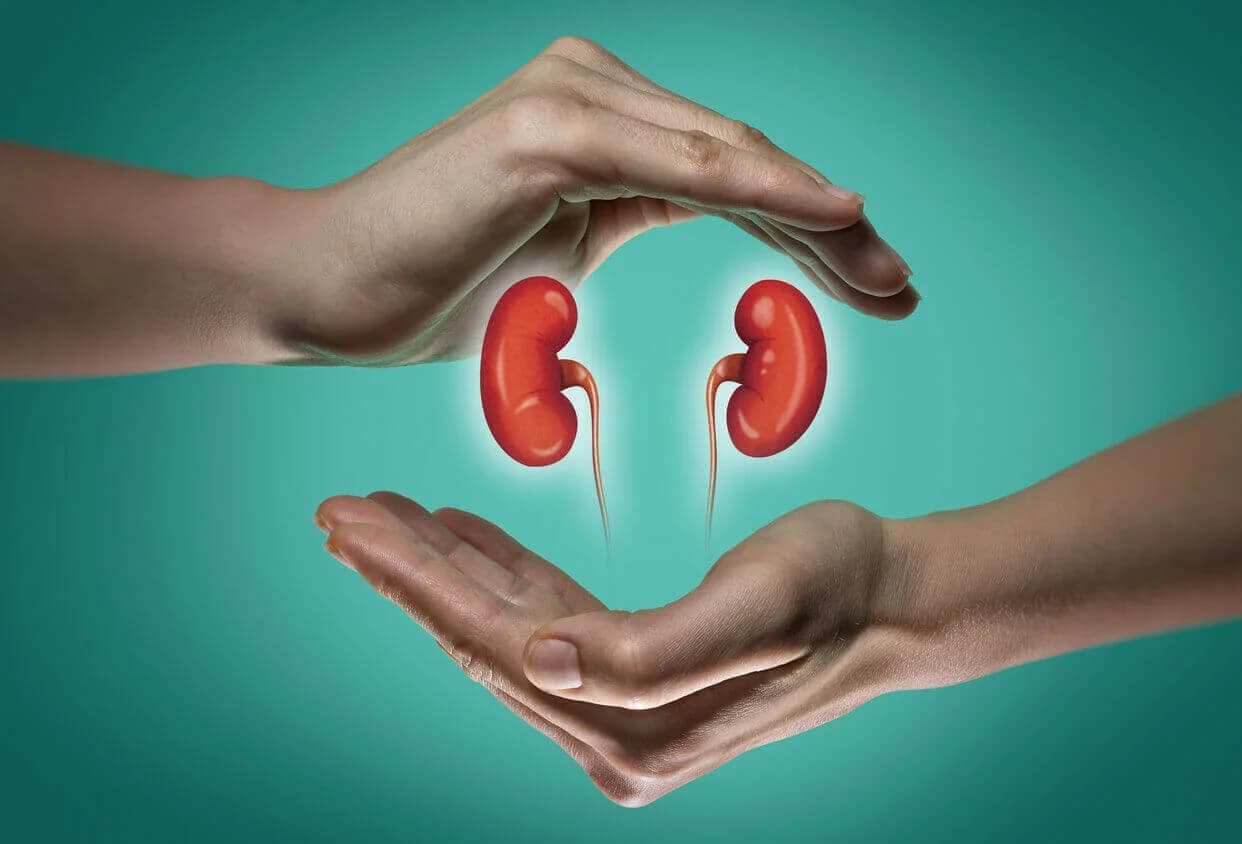Nowadays, kidney transplants are considered one of the most common organ transplant surgeries. During this surgery, an unhealthy kidney is replaced by a kidney from a donor. Kidney transplants have been performed since the 1950s. For thousands of patients with kidney renal failure, this surgery can be a lifesaving choice. If you have kidney failure and want to learn more about kidney transplants, join us in this article from the Doctour website.
What are the signs of kidney failure?
Swelling of the hands, feet, and face (edema)
Headaches (due to high blood pressure)
Seizures
Pale skin color (due to low iron)
Coffee colored urine
Chronic bad breath that cannot be freshened by brushing your teeth
Depression
Fatigue
Itchy skin

What Happens When Kidneys Fail?
Harmful waste builds up in the body, which leads to:
High blood pressure
Fluid buildup (edema)
Salts and acids in the blood getting out of balance
Decreased red blood cells
Weak bones can be harmful, even deadly, to the heart, brain, and skeleton.
What are the causes of kidney failure?
The leading causes of end-stage kidney disease, are as follows:
High blood sugar (diabetes)
High blood pressure
Glomerulonephritis (scars in the kidneys' tiny filters)
Other risk factors are:
High blood pressure
Hardening of the arteries
Obesity
Older age
Untreated strep infections
Chronic kidney infections
Lupus
Bad diarrhea
Kidney stones
Long-term use of nonsteroidal anti-inflammatory drugs (NSAIDs) like ibuprofen

What are the types of treatment for kidney failure?
Dialysis
Dialysis is most commonly used to treat end-stage kidney disease. Since your body no longer can, dialysis removes waste, extra water, and chemicals (like potassium, sodium, calcium, and acid) from you. 2 different types of dialysis are hemodialysis and peritoneal dialysis.
Kidney Transplant
Usually, only 30% of patients with kidney failure are qualified for a kidney transplant. During this, 2 failed kidneys are replaced with 1 healthy organ. Two-thirds of kidney transplants come from deceased donors. But if tests show that a person has healthy kidneys and will have normal kidney function after giving up 1 kidney, (related or unrelated to the patient) they can donate a kidney. A kidney transplant is most often placed in the lower belly without removing the failed kidneys.
What to Expect from a kidney transplant surgery?
Kidney donor
You can leave the hospital 2 to 4 days after surgery.
If your kidney was removed with open surgery, you will have a single cut about 8 inches long.
Laparoscopic surgery is done using thin tubes put into your body through small cuts. If your doctor used laparoscopic surgery, you will likely have 4 smaller cuts, the largest about 4 inches long.
Kidney recipient
You will have a catheter (a thin tube to allow urine to drain) in your bladder for a few days.
You will have an IV feeding tube through your arm or neck vein for a few days.
You will likely be up, out of bed, and walking within 24 hours.
You can likely leave the hospital within a week.
Urine often flows at once. But sometimes the new kidney does not work well right away, so you may need dialysis for a short time.

What are the risks of kidney transplant surgery?
As with any surgery, complications can occur. Some complications may include:
Bleeding
Infection
Blockage of the blood vessels to the new kidney
Leakage of urine or blockage of urine in the ureter
Lack of function of the new kidney at first
The new kidney may be rejected. Rejection is a normal reaction of the body to a foreign object or tissue. When a new kidney is transplanted into a recipient's body, the immune system reacts to what it thinks is a threat and attacks the new organ. For a transplanted organ to survive, medicines must be taken to trick the immune system into accepting the transplant and not attacking it as a foreign object.
Life with a kidney transplant
Having a healthy lifestyle after a kidney transplant goes a long way to minimize the risk of complications. Therefore, it's recommended that you:
Stop smoking if you smoke
Eat a healthy diet
Lose weight if you are overweight or obese.
Take steps to reduce your risk of developing infections
Conclusion
In conclusion, a kidney transplant is typically recommended for individuals suffering from end-stage renal disease (ESRD), where the kidneys have lost most or all of their ability to function effectively. This could be due to a variety of conditions such as chronic kidney disease, diabetes, hypertension, or polycystic kidney disease. A kidney transplant can significantly improve the quality of life and longevity of these individuals.
However, not everyone with kidney disease is a suitable candidate for a transplant. Factors such as age, overall health, the presence of other serious medical conditions, and the patient’s willingness and ability to manage lifelong post-transplant care are all considered. Therefore, the decision to proceed with a kidney transplant should be made in consultation with a team of healthcare professionals. It’s a life-changing decision that requires careful consideration and understanding of the risks and benefits involved.
Read More: